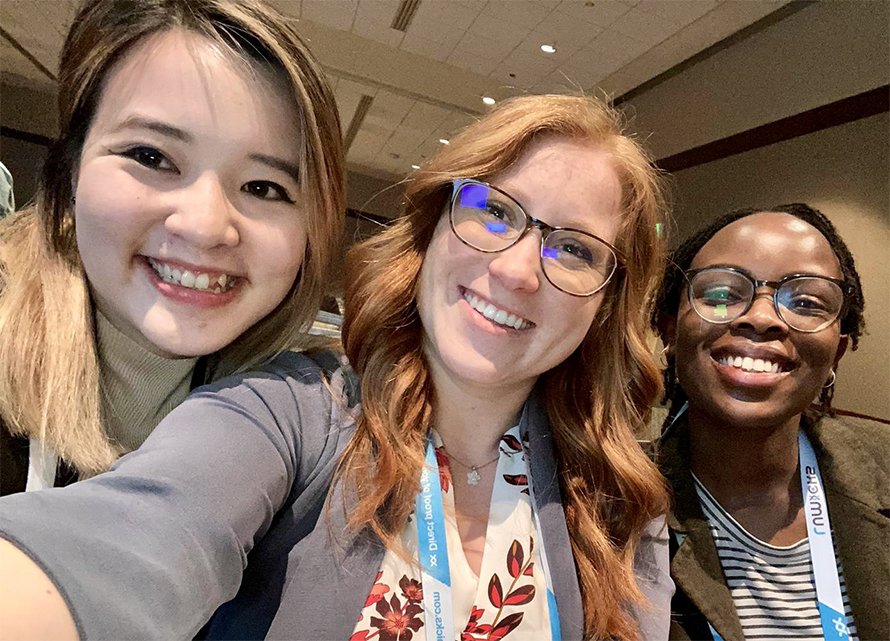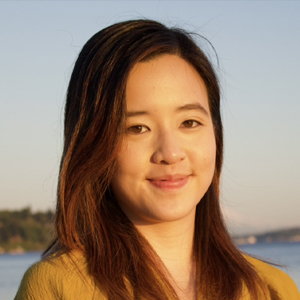Survival tools for a neurodivergent brain in academia
Working in academia is hard, and being neurodivergent makes it harder. Here are a few tools that have helped me as a Ph.D. student with attention-deficit/hyperactivity disorder, or ADHD.
Notes, notes, everywhere

Stick notes on your walls, laptop, desk, bench, biosafety hood and any other equipment you’re going to use for the next week — although I’d try to avoid putting sticky notes on your lab mates. If you can afford to splurge on multiple blocks of sticky notes in multiple colors, I highly encourage color-coding your notes. You can do it based on day, experiment, importance or anything, really. Whatever floats your note.
When it comes to your lab notebook, it’s better to have multiple copies of the same entry than zero. This allows you to check everything two, three, four times (and a half, because that final time, you got distracted and thought about cats). Your principal investigator may never understand why it took you more than five minutes to “consult your notes,” but that’s much less important than actually messing up and not knowing that you ever did. Just make sure to check that you’re using the right version of a protocol before you start an experiment and/or send it to a collaborator.
Make sure that you have a “meta” note so you can remember, or at least try to trace, when and where you made each lab notebook entry (e.g., on paper, your phone or the computer), what’s it about, where else you may find it and whether you’ve actually used it for something. The last two may not seem that important, but they help give you some peace of mind, kind of like an “it’s ok if you accidentally lost or deleted it” flag — because trust me, it happens all the time.
Calendars, alarms and reminders
Yes, you’ll need all of them, each in physical and digital forms. For a physical wall calendar, I personally recommend Space Cats. With pictures of cats (photoshopped into foods, floating in space!), you’re just that much more likely to look at your calendar, update it and check it to make sure you don’t walk into a seminar 45 minutes late, which, to be fair, is still better than completely forgetting to show up.
Don’t forget to check that all your digital alarms are off before you go to seminars. If you forgot and your alarm accidentally rang during a talk, do not panic and hit snooze because it’ll go off again in nine minutes. If you do hit snooze, absolutely do not panic and hit snooze again. This is all, of course, totally hypothetical and has never happened to anyone, ever. Especially not me.
Finally, friends and colleagues
For me, it’s preferable and logical to rely on friends who don’t also have, or think they may have, ADHD. Don’t get me wrong, they’re great. Just like you’re great. It just might be helpful not to be stuck in a constant loop of reminding each other of things, when at least half of those reminders are actually meant for yourself. Are you confused? Me too.
Final note: Stop asking Google if neurodivergent people can get Ph.D.s. We’ve got this!

Enjoy reading ASBMB Today?
Become a member to receive the print edition four times a year and the digital edition monthly.
Learn moreGet the latest from ASBMB Today
Enter your email address, and we’ll send you a weekly email with recent articles, interviews and more.
Latest in People
People highlights or most popular articles

From humble beginnings to unlocking lysosomal secrets
Monther Abu–Remaileh will receive the ASBMB’s 2026 Walter A. Shaw Young Investigator Award in Lipid Research at the ASBMB Annual Meeting, March 7-10 in Washington, D.C.

Chemistry meets biology to thwart parasites
Margaret Phillips will receive the Alice and C. C. Wang Award in Molecular Parasitology at the ASBMB Annual Meeting, March 7-10 in Washington, D.C.

ASBMB announces 2026 JBC/Tabor awardees
The seven awardees are first authors of outstanding papers published in 2025 in the Journal of Biological Chemistry.

Decoding how bacteria flip host’s molecular switches
Kim Orth will receive the Earl and Thressa Stadtman Distinguished Scientists Award at the ASBMB Annual Meeting, March 7–10, just outside of Washington, D.C.

Thiam elected to EMBO
He was recognized during the EMBO Members’ Meeting in Heidelberg, Germany, in October.

The timekeepers of proteostasis
Learn about the cover of the winter 2026 ASBMB Today issue, illustrated by ASBMB member Megan Mitchem.

